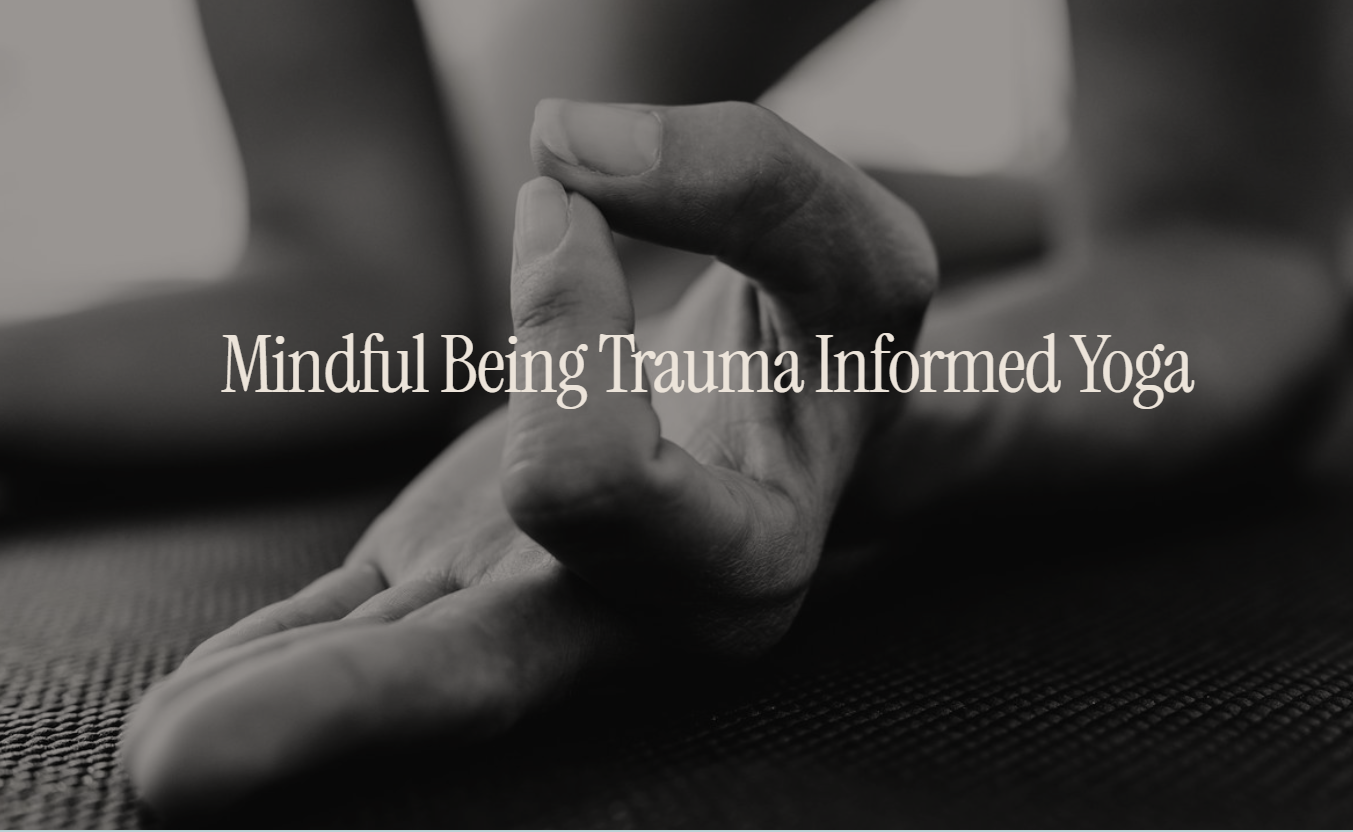
Who can benefit
Every one of us has problems,
Some are big and some are small.
Every one of us has different ways
To make it through the fall. Kaylene Carter
-

PTSD or other trauma-related conditions
With a focus on mindful movement and safety, trauma-informed yoga supports managing depression and emotional overwhelm. Fostering resilience and nervous system balance to enhance overall well-being and inner stability.
-

Health problems
Through a compassionate and safe approach, trauma-informed yoga supports those living with health challenges by encouraging body awareness, resilience, healthy coping, and a sense of empowerment.
-

Chronic stress or anxiety
Supporting the management of chronic stress and anxiety, trauma-informed yoga, offers accessible practices that nurture balance and inner strength, in daily life.
